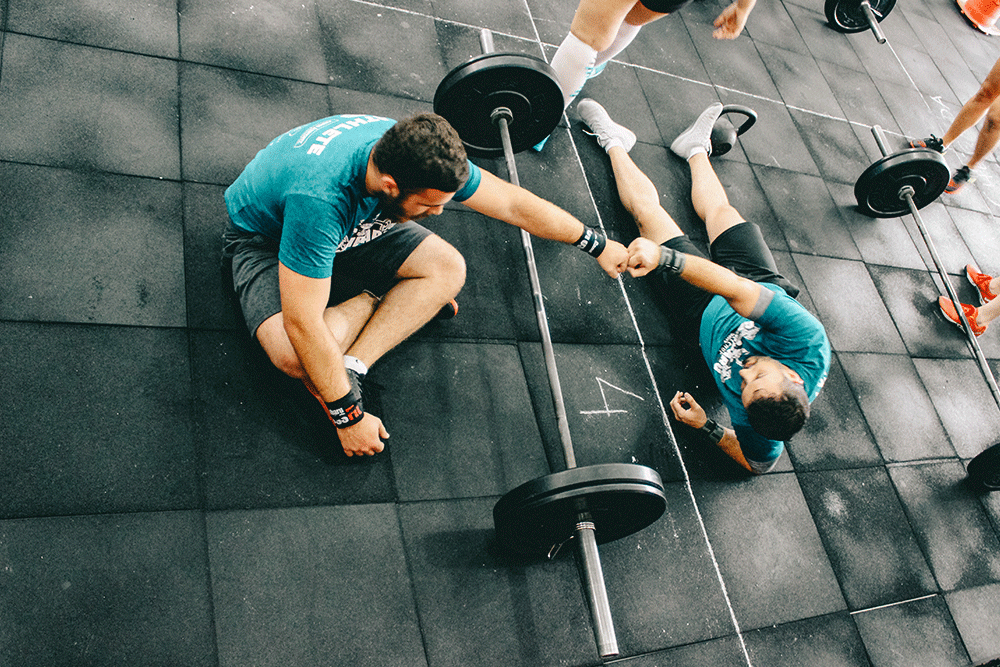Energy Source: During high-intensity exercise, our bodies rely heavily on carbohydrates as the main source of fuel. When you consume carbohydrates, they are broken down into glucose, which is stored in the muscles and liver as glycogen. During exercise, glycogen is converted back into glucose to provide energy for muscular contractions. Having adequate glycogen stores is vital for maintaining optimal performance, especially during endurance activities.
Improved Performance: Consuming carbohydrates before exercise can enhance performance by increasing glycogen stores and providing readily available energy. When glycogen levels are depleted, fatigue sets in, and performance declines. By consuming carbohydrates before a workout or competition, you ensure that your muscles have the necessary fuel to perform at their best.
Delayed Fatigue: Carbohydrates help delay the onset of fatigue during prolonged exercise. When glycogen stores become depleted, the body relies on other energy sources, such as fat, which is less efficient for high-intensity exercise. By maintaining adequate carbohydrate intake, you can prolong the time before glycogen depletion occurs, allowing you to sustain exercise intensity for a longer duration.
Enhanced Recovery: Carbohydrates play a crucial role in post-exercise recovery. After intense exercise, glycogen stores become depleted, and muscle protein breaks down. Consuming carbohydrates post-exercise helps replenish glycogen stores and promotes muscle glycogen synthesis. This process is essential for optimal recovery and preparing your body for the next training session or competition.
Muscle Preservation: Consuming carbohydrates with protein after exercise can help preserve muscle mass. The combination of carbohydrates and protein stimulates muscle protein synthesis, promoting muscle repair and growth. This is particularly important for athletes engaging in strength training or other activities that induce muscle damage.
Quick Energy: Carbohydrates are the quickest source of energy for immediate use during exercise. They provide readily available glucose to fuel intense bursts of activity, such as sprinting or weightlifting. Consuming carbohydrates during prolonged exercises, such as endurance running or cycling, can help maintain a steady energy supply and prevent a decline in performance.
Optimal Brain Function: The brain relies primarily on glucose as its energy source. When carbohydrate stores are low, cognitive function and decision-making abilities can be compromised. Consuming carbohydrates before and during exercise ensures that the brain has a sufficient supply of glucose to maintain mental focus and decision-making skills.
It’s important to note that not all carbohydrates are created equal. Complex carbohydrates, such as whole grains, fruits, vegetables, and legumes, provide a steady release of glucose and are rich in fiber, vitamins, and minerals. These are preferable to simple sugars, which offer quick energy but lack nutritional value. Aim to include a variety of complex carbohydrates in your diet to support sports performance and overall health.
The recommended carbohydrate intake for athletes varies based on factors such as exercise intensity, duration, and individual needs. It’s best to work with a registered dietitian who specializes in sports nutrition to determine your specific carbohydrate requirements and develop a personalized nutrition plan.
In conclusion, carbohydrates are a vital component of an athlete’s diet, providing the energy needed for optimal sports performance and facilitating recovery. By consuming an appropriate amount of carbohydrates before, during, and after exercise, athletes can enhance their performance, delay fatigue, and support muscle recovery, ultimately helping them reach their athletic goals.

Jass
Jass earned her bachelor’s degree in Computer Science, transitioning into a profession as a content writer. With a keen mastery of words, she takes pleasure in expressing her thoughts and ideas creatively. Her ability to captivate audiences with her imaginative write-ups stands out as one of her notable strengths.





0 Comments